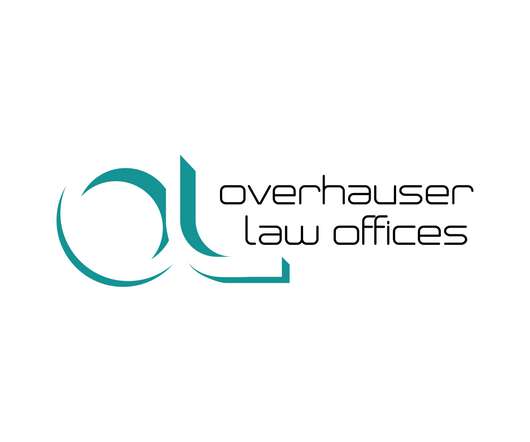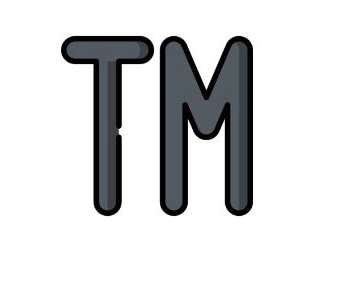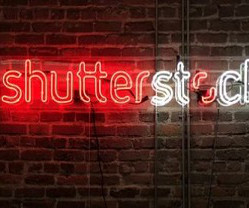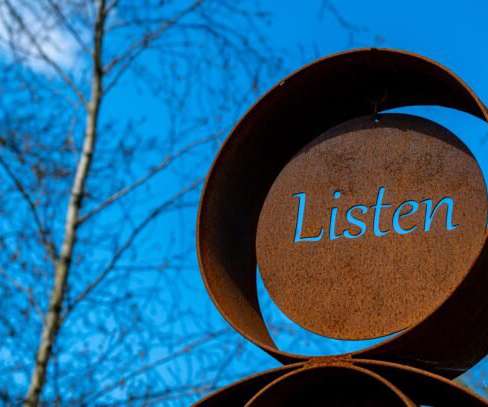Get 2 Go Sued for Alleged Trademark Infringement of getGo®
Indiana Intellectual Property Law
AUGUST 18, 2021
Because several of the getGo® Marks have been in use continuously since at least 2003, and Plaintiffs apparently complied with all further requirements, they are incontestable under 15 U.S.C. Further, Giant Eagle claims it has spent millions of dollars to advertise and promote its services using the getGo® Marks.












Let's personalize your content